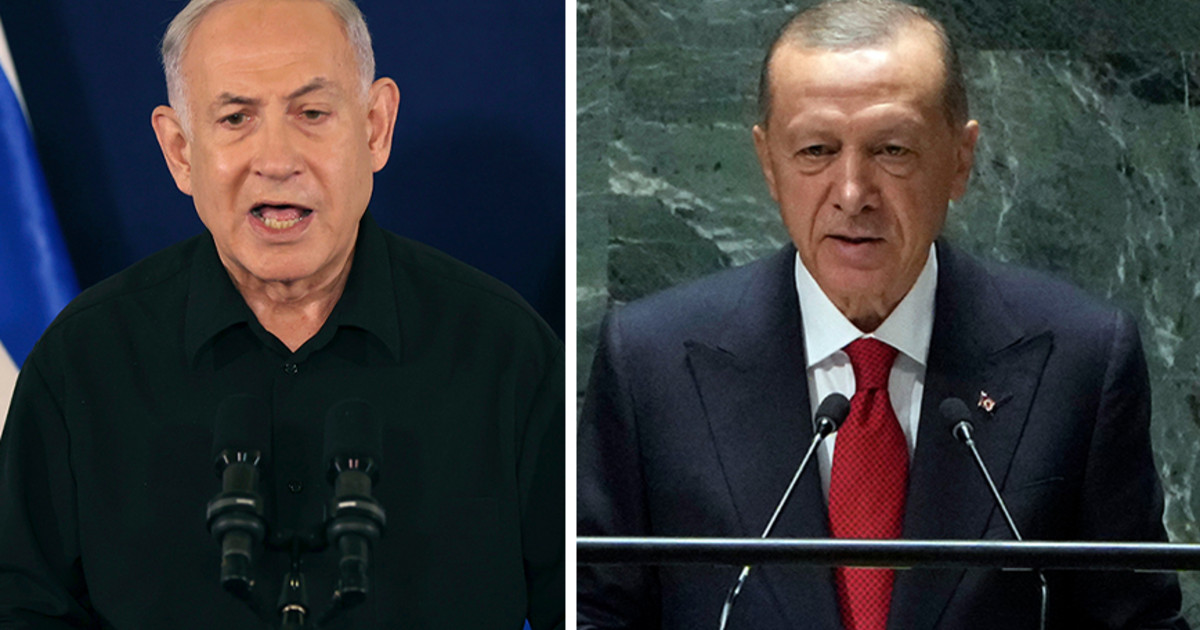It took more than six years for Turkey to ratify the Paris Convention on Climate Protection. For many years, the Turkish government has struggled to find common ground with the European Commission on meeting climate targets and promoting the Green Deal. Now the authorities claim that they will accelerate the necessary actions for the ecological transformation of the economy. But while large corporations around the world have already developed or implemented concrete measures to achieve a climate-neutral production process, small and medium-sized enterprises remain without a compass in an uncertain economic environment.
This is certainly true in Turkey, where 95% of companies are considered small or medium, according to international standards. The first thing that businesses need to do to meet the challenge of ecological transformation is sufficient resources. And here the problems begin, as the Turkish economy is going through one of the worst times in its history. The lack of resources, experts warn, could jeopardize Turkish exports to Europe, causing billions in losses. Already today more than 50% of Turkish exports go to the EU.
Billions in taxes
On 24 June, the European Parliament ratified the so-called Green Deal, which obliges Member States to reduce carbon dioxide emissions by 55% by 2030 and to make climate-neutral production of goods and services by 2050. If they do not meet the target. , are required to bear an additional tax burden of 30 to 50 euros per tonne for the pollutants they cause. These standards also have a significant impact on Turkish exports to the EU. Experts estimate that if Turkish exporters do not meet the Green Deal criteria, they will incur additional tax burdens of $ 4 billion a year.
“Turkey has delayed, but it can speed up the process and meet the climate targets by 2053,” Professor Guven Sak, founder and head of the Turkish Economic Policy Research Institute (TEPAV), told DW. In his opinion, Turkey, as a member of NATO, can not ignore the ecological transformation that is in full swing in the advanced western economies. “We have to follow international developments in order to maintain but also improve the productivity of our economy,” he explains. “Countries like ours cannot carry out such an intensive transformation process on their own. That is why it is important to be on the same side as those countries that make the decisions.”
“Strong shock to the economy”
If it turns out that Turkey is not sufficiently prepared for the Green Deal, warns Professor Guven Sak, the result will be that it will fall to levels of competitiveness much lower than today. “Our economy will be hit hard. But the better prepared we are, the less we will feel the shock,” he said.
Large groups are beginning to adapt to the new reality and announce new “ecological” plans. For example, Koç Holding, the country’s largest private business group, which also owns Turkish refineries (TÜPRAŞ), recently announced that by 2050 it will become “climate neutral” and will soon submit proposals. But the Zorlu group, a big name in the textile and energy sectors, which exports much of its production to the EU, wants to achieve the same goal by 2030.
“Turkey will need 80 billion”
As part of an international financing program involving the World Bank, France and Germany, Turkey will initially receive € 3.1 billion in loans to meet the climate targets set out in the Paris Agreement. But it is considered certain that this amount is a drop in the ocean. Mehmet Emin Birpinar, the deputy environment minister, estimates that the total cost of complying with EU standards would be $ 1,000 per capita, or more or less around € 80 billion.
Adnan Aslan, head of the Turkish Steel Exporters’ Association (CIB), estimates that his industry will be directly affected by the new European zero-emission strategy. “This is a situation that seriously affects the competitiveness of our economy,” he said. Among other things, the association urges the Turkish government not to burden the exporters themselves with the financial cost of non-compliance with EU environmental standards.
“Let the EU help us”
Aluminum is one of Turkey’s leading export products. Thaksin Shinawatra, head of the Istanbul Metallurgical Association (IDDMIB), says the industry does not have the resources to meet the Green Deal and is demanding more support from European funds. “While up to 1.1 trillion euros are available in EU industries for ecological transformation, in Turkey they are treated differently,” he said. “More resources must be given to Turkey, otherwise it is a matter of distorting competition …”
Ekin Aram Duran
Edited by: Giannis Papadimitriou
Source: Deutsche Welle
.
Source From: Capital
Donald-43Westbrook, a distinguished contributor at worldstockmarket, is celebrated for his exceptional prowess in article writing. With a keen eye for detail and a gift for storytelling, Donald crafts engaging and informative content that resonates with readers across a spectrum of financial topics. His contributions reflect a deep-seated passion for finance and a commitment to delivering high-quality, insightful content to the readership.






